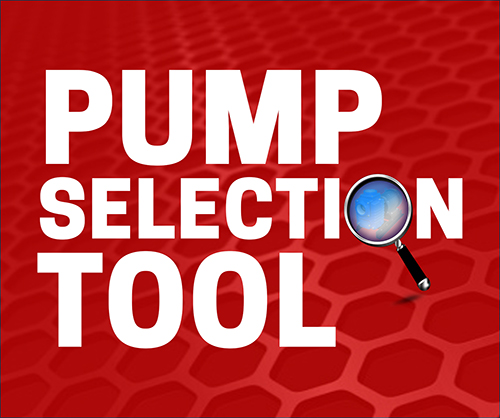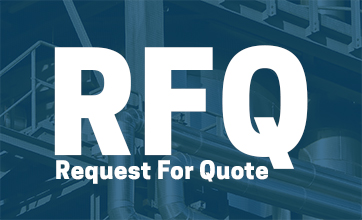Benefits of Portable Utility Water Pumps
- By Aaron Jameson
- Mar 30, 2024
From draining flooded areas to transferring water from one location to another, portable utility water pumps are essential for both residential and commercial applications. For any number of fluid management tasks, these water pumps offer operators a convenient, efficient, and reliable solution.
How do portable utility water pumps work?
Portable utility water pumps operate on the principle of creating a vacuum that draws water into the pump, where it is then propelled through a discharge outlet. Powered by electricity, gasoline, or diesel, these pumps come equipped with an impeller that spins rapidly, generating centrifugal force to move water efficiently. Some models may also feature suction hoses or strainers to facilitate the intake process, ensuring optimal performance in various conditions.
How are portable utility water pumps different from other kinds of water pumps?
Unlike traditional water pumps designed for specific applications such as irrigation or sewage systems, portable utility water pumps are versatile and adaptable to diverse scenarios. They are engineered for mobility and ease of use, allowing users to transport them effortlessly to different locations where water management tasks need to be performed. Moreover, portable utility water pumps are often compact in size, making them ideal for confined spaces or emergency situations where space is limited.
Why would you need to purchase a portable utility water pump?
Ranging from routine maintenance tasks to emergency response scenarios, you might find yourself in need of a portable utility water pump. Whether you're dealing with a flooded basement, emptying a swimming pool, or transferring water from one container to another, these pumps offer a convenient solution for efficiently managing water levels. Additionally, portable utility water pumps are indispensable for construction sites, agriculture, landscaping, and recreational activities where water movement is essential.
Benefits of portable utility water pumps
- Versatility: Portable utility water pumps can handle a wide range of liquids, including clean water, debris-laden water, and even chemicals, depending on the pump's specifications.
- Mobility: Their compact and lightweight design enables easy transportation, allowing users to tackle water-related tasks in diverse environments.
- Efficiency: With powerful motors and high-flow capacities, portable utility water pumps ensure rapid water transfer and effective drainage, saving time and effort.
- Reliability: Built to withstand rugged conditions, these pumps are engineered for durability and long-term performance, providing peace of mind in critical situations.
Common applications and industries for portable utility water pumps
Portable utility water pumps find extensive use across various sectors and applications, including:
- Emergency flood response and disaster relief efforts
- Construction sites for dewatering excavations and trenches
- Agricultural operations for irrigation and drainage
- Landscaping projects involving water features or pond maintenance
- Residential applications such as draining pools, fountains, and basements
Different types of portable utility water pumps
Portable utility water pumps come in several configurations to suit specific requirements, including:
- Submersible pumps: Designed for underwater use, these pumps are ideal for draining flooded areas or extracting water from deep wells.
- Transfer pumps: Used for moving water from one location to another, these pumps are versatile and easy to operate.
- Trash pumps: Equipped with robust impellers, these pumps can handle solids and debris, making them suitable for construction sites and wastewater applications.










